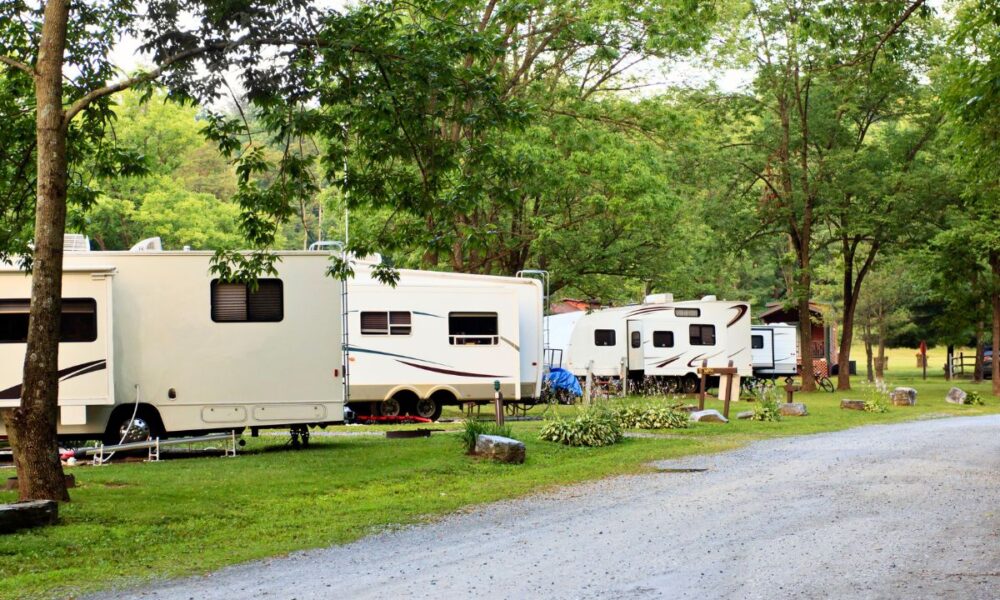A Texas woman died from a rare and deadly brain infection after using unboiled tap water from an RV’s water system for nasal irrigation while staying at a campground, according to the Centers for Disease Control and Prevention (CDC).
The 71-year-old woman, who was healthy before the infection, used a nasal irrigation device with tap water from the RV’s water system several times over four days. Within four days of her last use, she developed severe neurological symptoms, including fever, headache, and altered mental status, the CDC’s Morbidity and Mortality Weekly Report stated.
She developed seizures and died eight days after symptoms began. Laboratory testing confirmed Naegleria fowleri in her cerebrospinal fluid, indicating primary amebic meningoencephalitis (PAM), a disease with a fatality rate exceeding 97%.
Naegleria fowleri, commonly known as the “brain-eating amoeba,” is a free-living organism found in warm freshwater environments like lakes, rivers, and hot springs. Infections occur when contaminated water enters the nose, allowing the amoeba to travel to the brain. From 1962 to 2022, the U.S. reported 157 (primary amebic meningoencephalitis) PAM cases, with Texas accounting for 39. While most cases are linked to recreational water activities, nasal irrigation with contaminated water is a known risk.
The CDC noted that the woman had no recent exposure to natural bodies of water, suggesting the RV’s water system was the likely source of infection. The RV’s water tank had been filled before the woman purchased it three months before her death, but the filling location is unknown. No samples from the campsite or RV water system tested positive for the amoeba, leaving the exact source of contamination unclear.
The CDC emphasized that only distilled, sterile, or previously boiled water should be used for nasal rinsing, as tap water, even if safe for drinking, may contain organisms harmful when introduced into the nasal passages. To prevent PAM, the CDC recommends holding your nose or wearing a nose clip when diving into freshwater, keeping your head above water in hot springs, avoiding digging in shallow water, and using boiled or distilled water for nasal irrigation.
The specific Texas campground where the infection occurred was not disclosed. This case underscores the critical need for public awareness about safe water use for nasal irrigation to prevent such rare but devastating infections.


